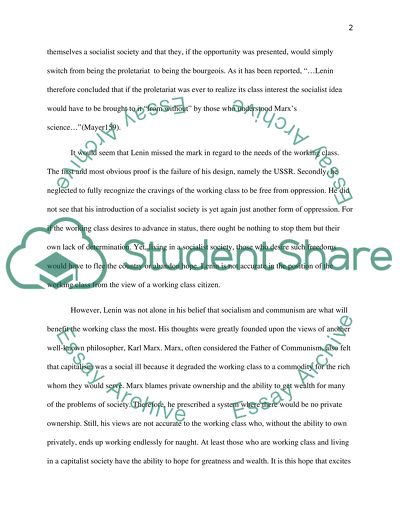Cite this document
(“Which Philosopher Benefits the Working Class Essay”, n.d.)
Which Philosopher Benefits the Working Class Essay. Retrieved from https://studentshare.org/history/1450151-explain-and-evaluate-the-relevance-to-your
Which Philosopher Benefits the Working Class Essay. Retrieved from https://studentshare.org/history/1450151-explain-and-evaluate-the-relevance-to-your
(Which Philosopher Benefits the Working Class Essay)
Which Philosopher Benefits the Working Class Essay. https://studentshare.org/history/1450151-explain-and-evaluate-the-relevance-to-your.
Which Philosopher Benefits the Working Class Essay. https://studentshare.org/history/1450151-explain-and-evaluate-the-relevance-to-your.
“Which Philosopher Benefits the Working Class Essay”, n.d. https://studentshare.org/history/1450151-explain-and-evaluate-the-relevance-to-your.


